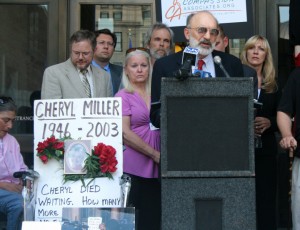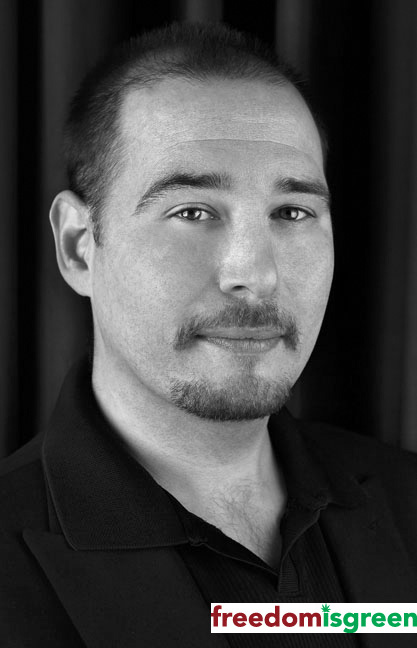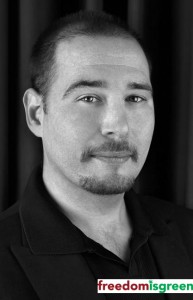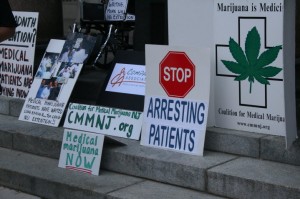Pot smokers have endured their fair share of negative publicity. The 1930’s movie Reefer Madness highlighted pot smokers who simply went bonkers from smoking a joint; jumping out of windows, beating each other to death and laughing maniacally (the last part may still hold some truth).
Decades later, pot smoking became personified by Sean Penn’s “Spicoli” in Fast Times at Ridgemont High.
Damn, that one hurt. For a number of reasons:
1. The public at large began to think of all pot smokers as Spicoli: brain-fried, dopey and irresponsible.
2. Sean Penn morphed into a pompous jerk after this role, as if the funny were just smoked right out of him. (Give that man some Spicoli back, damnit!)
But times have changed. Over 40% of the U.S. population has admitted to smoking marijuana. Pot smokers aren’t falling out of vans in a cloud of smoke; they’re running multi-million dollar companies, winning Olympic medals, making movies and writing best-selling novels.
Here are just a few successful and motivated stoners:
- Stephen King, best-selling author
- Anita Roddick, British businesswoman, human rights activist and environmental campaigner
- Michael Phelps, Olympic Gold-medalist
- Rick Steves, Author and historian
- Richard Branson, British entrepreneur
- Montel Williams, television host, MS spokesperson
- Jodie Emery, executive director of Cannabis Culture
- Carl Sagan, astronomer and author
- Anita Thompson, best-selling author
- Ayn Rand, Novelist, philosopher and playwright
- Oliver Sachs, British neurologist and author
- Ted Turner, American media mogul
- Missy Suicide, founder of Suicide Girls, alternative pin-up site.
So how can you be a more motivated stoner?
Here are a few pointers:
1. Smoke and Do. Initiate a project after a smoke session. It’s surprising how much you can accomplish. Whether it’s a spring-cleaning or a car repair or a complex splinter removal, smoking pot can free up your mind and help you focus.
2. Smoke and Move. Physical exercise after getting high is naturally pleasurable. Get outside, breathe in the air, don’t be afraid to care. Fire up the iPod. Go for a bike ride. Run. Dance. Stretch. Have a real-life, aerobic surround-a-sound experience.
3. Smoke and Sit. Meditating and marijuana smoking go together like peanut butter and that weird marshmallow shit they used to put on our sandwiches way back when.
4. Smoke and Storm. Feeling at crossroads? Smoke a little weed and brainstorm. Grab a big pad of paper and a black Sharpie. Allow your mind to wander and then write drawn or draw out possible solutions. Weed allows for more fantastical ideas to arise; ones that can easily translate into “real life” if necessary.
5. Smoke and Stay. To be truly motivated, one must be relaxed and ready. For some, smoking weed allows them mental downtime and deep relaxation, which ultimately translates into a well-rested individual, capable of executing the tasks at hand.
6. Smoke and Smile. Nothing can get in the way of a motivated life like anger. Or grief. Or guilt. Marijuana can offer the perspective needed to look at your psychological well-being and make improvements, without being so emotionally enmeshed. Simply the act of laughing is therapeutic, which weed more than happily supplies.
We’ve entered a new era; one in which pot smoking is becoming increasingly accepted, and occasionally extolled for its virtues. And while weed is not going to find you a new job or get you out of your deadbeat relationship, it can be used as a tool for change. Why not?
Or…you could embrace your inner Spicoli and enjoy the blissful state of doing nothing. After all, doing stuff is a little overrated anyway.
All I need are some tasty waves, a cool buzz, and I’m fine. – Jeff Spicoli
-
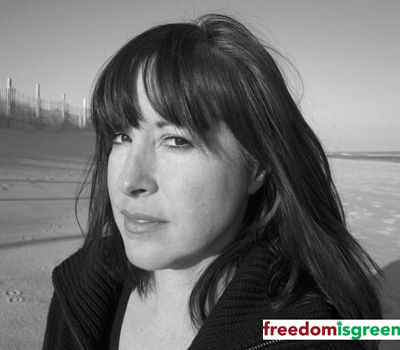 Beth Mann is a popular blogger and writer for Open Salon and Salon. She is also an accomplished actor and director with over 15 years of experience, as well as the president of Hot Buttered Media. She currently resides at the Jersey shore where she can often be seen surfing or singing karaoke at the local dive bar. Contact maryjane { at } freedomisgreen.com
Beth Mann is a popular blogger and writer for Open Salon and Salon. She is also an accomplished actor and director with over 15 years of experience, as well as the president of Hot Buttered Media. She currently resides at the Jersey shore where she can often be seen surfing or singing karaoke at the local dive bar. Contact maryjane { at } freedomisgreen.com
